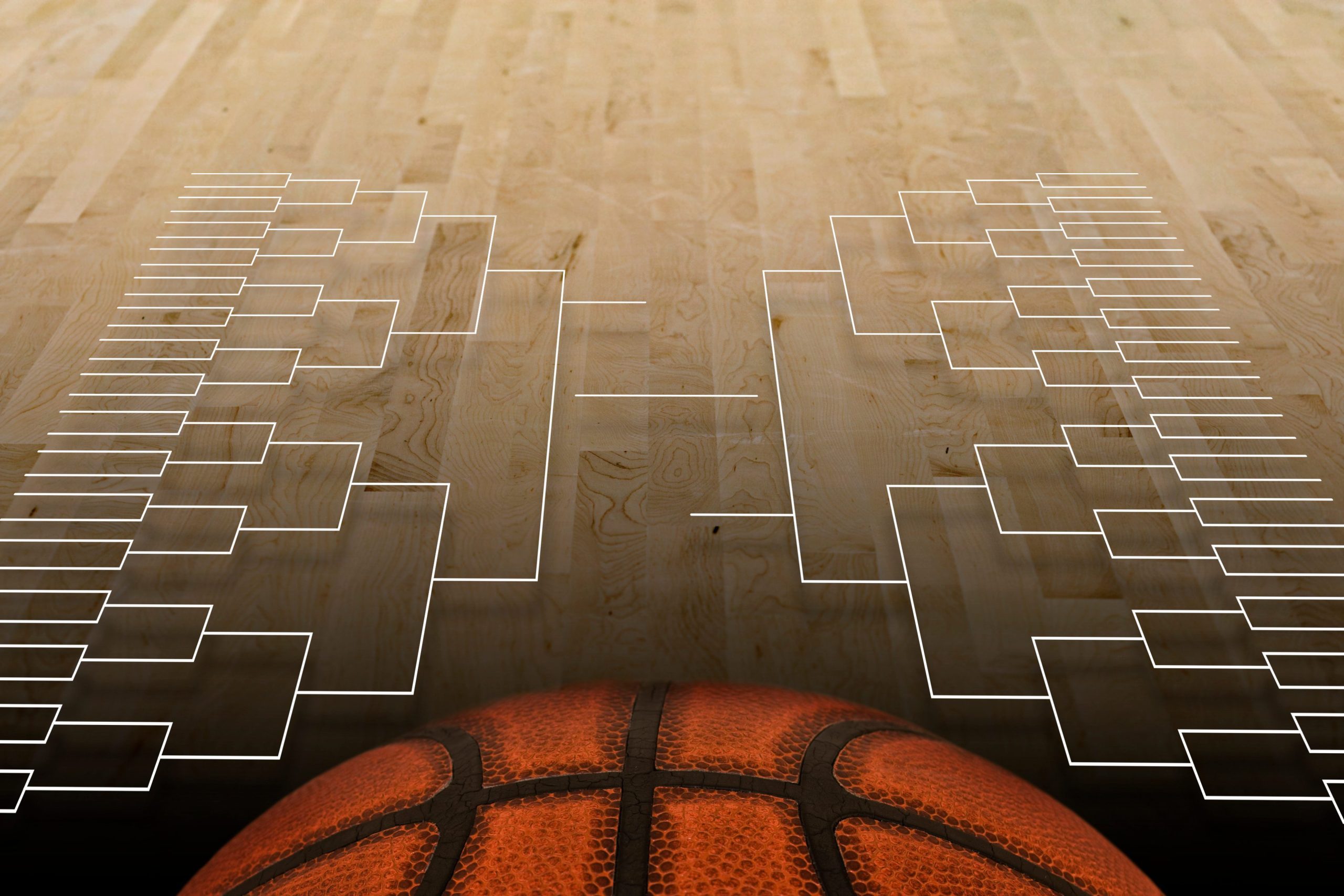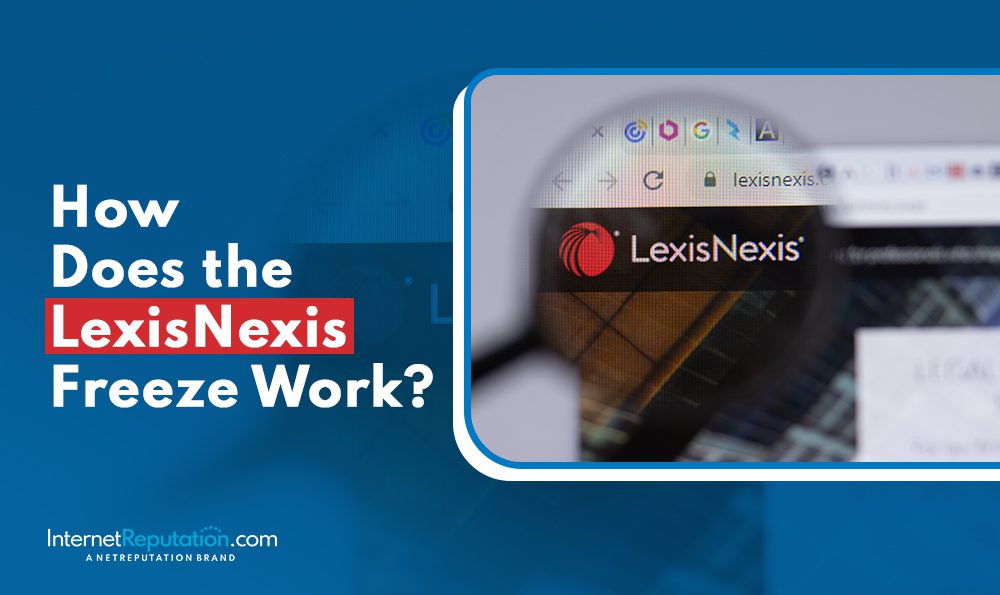The Ides of March: Madness, Bracketology & Beating the Buzzer

Warren Buffett says he’ll give a million dollars a year for life to any of his employees who correctly picks the Sweet Sixteen in this year’s NCAA Basketball Tournament (aka March Madness). They don’t need to choose a perfect bracket, the Final Four, or even the last team standing.
The remaining sixteen Division I men’s basketball teams in this year’s tournament, from the original sixty-eight.
Good luck with that.
- The odds of picking a perfect bracket are greater than nine quintillion to one. Picking the Sweet Sixteen is only a little easier. (We had to look up “quintillion.” It’s a big number: a 1 followed by eighteen zeros. Put another way, it’s a thousand raised to the power of – oh, never mind.)
- Numbers crunchers tell us there are 9,223,372,036,854,775,808 possible bracket outcomes. That’s another big number, and it’s why picking a perfect bracket is impossible.
- Imagine what picking a perfect bracket will do for your reputation!
- Here’s a third big number: an estimated $2.5 billion is wagered annually on March Madness.
- Every last one of those bets is illegal.
- The official NCAA stance: betting on the tournament undermines its integrity. Don’t do it.
- One in every ten Americans ignores the NCAA and plays a bracket. Your office has one, right?
- One of seven fans called in sick to work so they could watch the games at home.
- UCLA has won eleven NCAA titles – more than any other school.
Knowledge is power, and experts say you can increase your odds of winning your office bracket by studying up. “The real essence here is the issue of the behavior of large numbers,” said a University of Colorado mathematician. For example, no sixteen-seed team has ever beaten a #1 seed since the field expanded to sixty-four teams thirty-two years ago.
They call it March Madness, but it ends in April. This year’s Final Four and the winner-take-all championship game are set for April 3rd at the University of Phoenix in Glendale, Arizona.



